Business Leaders Upbeat In Spite Of Challenges
Finally, after a Great Recession that has been anything but great for businesses in the Bay State, the nation and beyond, important measures of economic health are starting to show change for the better.
Recent examples of positive economic trends include a national unemployment rate of 7.4 percent — the lowest since December 2008. Meanwhile, the Associated Industries of Massachusetts’ Business Confidence Index ticked up 3.6 points in July to 52.5 on a scale of 0 to 100 — the highest it’s been since August 2012.
This summer, MetroWest495 Biz joined forces with Framingham State University and the 495/MetroWest Partnership in Westborough to see what the local business community had to say about the prospects for the local economy. And while there is still uncertainty about some business activities, such as workforce reduction and health care obligations, results paint a picture of a business community that’s in pretty good spirits.
Most respondents, 57.6 percent, said conditions are better than they were a year ago, and they expect further improvement. Nearly 69 percent said they expect the local economy to improve slightly in the coming year, with another 8 percent saying it will improve significantly. Only about 3 percent of the more than 300 surveyed said they expect the local economy to decline.
Optimism 'Quite Welcome'
“I think the optimism of the results is quite welcome news,” said Paul Matthews, president of the 495/MetroWest Partnership.
But in a way, Matthews said it’s not that surprising. That’s because towns situated in MetroWest and along the Interstate 495 corridor are home to a remarkably diverse cross-section of industries, he said.
For instance, the life sciences, information technology, professional services and manufacturing sectors are all part of the regional landscape, and that has served the business community well, according to Matthews, who said that if one sector takes a hit, the area is buoyed by the others.
“Typically, the other clusters are insulated from that, so the region as a whole ends up being a bit more insulated than the rest of the country,” Matthews said.
What attracts an array of businesses to MetroWest and the 495 Corridor in particular, according to Matthews, is a highly-qualified workforce, coupled with a central location that puts companies in close proximity to labor pools in neighboring regions as well.
“You can pull from Boston itself, Worcester, North Worcester County, South Worcester County, Merrimack Valley — even Rhode Island,” said Matthews, who believes location is as important to executives as it is to their employees, especially when it comes to schools and amenities for their families.
Why MetroWest?
Geography is indeed important to the region’s business leaders. About 40 percent of respondents who took the survey said the biggest factor in their decision to locate here was its proximity to clients, followed by affordability.
Craig Johnston, senior vice president at R.W. Holmes Realty, a commercial brokerage in Wayland, agreed with Matthews’ assertion that proximity to the workforce is crucial. He said the employee base tends to reside west of Route 128 in MetroWest, where there is ample housing and top-notch amenities. At the same time, getting to the city for a meeting or dinner with clients is no problem, so leasing an office here without the city-level price tag is very attractive.
“What (are we), 20 minutes, 30 minutes max, from downtown Boston?” Johnston said.
Matthews agreed. He said that for marketing purposes outside the Bay State, businesses can lay claim to a Boston presence, even if their headquarters are actually in Natick or Westborough.
Permitting With Limited Resources
MetroWest and the 495 Corridor consist mostly of small towns, but it’s home to a number of national and global companies, like TJX Corp. in Framingham and Marlborough, BJs Wholesale Club in Westborough, Staples Inc. in Framingham and EMC Corp. in Hopkinton. Matthews said these small towns have been quite successful at attracting and keeping key businesses through savvy tax incentive deals and permitting processes, and that’s had a tremendous impact on the region.
“Look at TJX,” Matthews said, referring to recent tax increment financing deals the retailer struck with officials in Marlborough and Framingham to expand its presence in MetroWest. “Now they’re going to be a significant presence in two of our communities.”
But it’s not just about offering tax incentives, according to Johnston of R.W. Holmes. He said MetroWest towns are really starting to “get it” in terms of making building permitting an easier, more pleasant experience for businesses that are looking to come to town or expand. For example, Johnston said the MetroWest Chamber of Commerce partnered with Northeastern University in 2012 to study what brought businesses to the region and how towns could better assist them.
“A lot of good information came out of that,” Johnston said, noting that Natick recently simplified its permitting process.
To Hire Or Fire?
The survey results on business leaders’ staffing plans for the coming year were mixed. Thirty percent of respondents said they plan to hire new employees in the next year, while another 36.5 percent said they are unsure. Those who plan to hire said they’ll likely add between 1 and 5 percent to their current staffs.
But among those who will cut jobs in the coming year, 25 percent said they foresee reducing their workforces between 1 and 5 percent, while another 25 percent said they’ll cut between 6 and 10 percent.
The hiring disparity can be attributed to the varying conditions different industries are experiencing, according to Matthews. A good example is pharmaceuticals, which is so steeped in regulation and patent law considerations that one decision or legal change can send a company into a tailspin, even while the rest of the economy trends upward, he said.
Maria Melfa, president of The Training Associates in Westborough, offered her perspective as a business leader who has hired new employees in recent months and plans to hire more in the coming year.
Melfa’s company, which provides software training services through contract consultants all over the globe, has experienced tremendous growth recently, doubling from 50 to 100 employees in the last three years.
She said a big part of her firm’s success has been the fact the The Training Associates removed the burden of training from their clients, an option that has become more popular as businesses have laid off in-house training staff in favor of outsourced alternatives. But Melfa sees adding employees to her own payroll as a crucial investment, and other MetroWest-area firms that plan to hire may feel the same.
“The reality is our people are our biggest assets and I think people realize that,” Melfa said. “To me, that’s the only way to grow, is by hiring and getting good people.”
But Melfa also recognized that growing your staff is difficult for many companies. She was a little underwhelmed by the fact that 30 percent of survey respondents said they plan to add employees in the coming year.
The number could be a lot higher, according to Melfa, but she believes it’s hampered by such factors as newly levied state sales tax on software service that impacts information technology businesses and their clients, and the looming impacts of the federal Affordable Care Act on employers with at least 50 full-time employees who eventually will be required to offer them coverage or face a penalty.
Most Pressing Issue? Health Care
And health care matters do weigh heavily on the minds of area business leaders. Asked to identify the most pressing issue facing their businesses today, 22 percent cited health care, which was the top answer.
This comes as no surprise to George Mullin, a human resources generalist and president of the MetroWest Human Resources Management Association, which conducts forums on health care reform issues twice a year. Mullin said health care is a “black hole for cost,” between the expense of providing coverage and keeping up with the provisions of state and federal health care reform legislation.
Many small businesses are not equipped to deal with health care reform, according to Mullin. With changes happening all the time, such as the recent one-year delay of the federal Affordable Care Act’s “employer shared responsibility” provision, he said health care reform is “like a moving target.”
Mullin doesn’t expect the issue to become less pressing anytime soon. He said reform provisions will be hashed out, tweaked and implemented for several years. He predicted that many businesses — and most small businesses — will not be able to afford to provide health care for their workers, as the Affordable Care Act will require, and will instead send employees to health care connectors to purchase their own plans as a result.
In the meantime, Mullin said businesses will have to meet the cost of obtaining legal counsel as they try to comply with health care reform.
“Again, there’s a cost associated with this,” he said. “It’s not as straight a line as it used to be.”
Craig Johnston, senior vice president at R.W. Holmes Realty, said MetroWest offers the best of both worlds for workers: close proximity to Boston for meetings, as well as ample housing and amenities.
Maria Melfa, president of The Training Associates in Westborough, sees hiring good people as a key to company success.
George Mullin of the MetroWest Human Resources Management Association calls health care reform “a moving target” for small businesses.
Read more
Behind The Survey Data: Optimism and key insights
The Power Of Numbers In Spinning A Story
Quickly Passed, Implemented, Software Services Tax Hurts, Industry Says
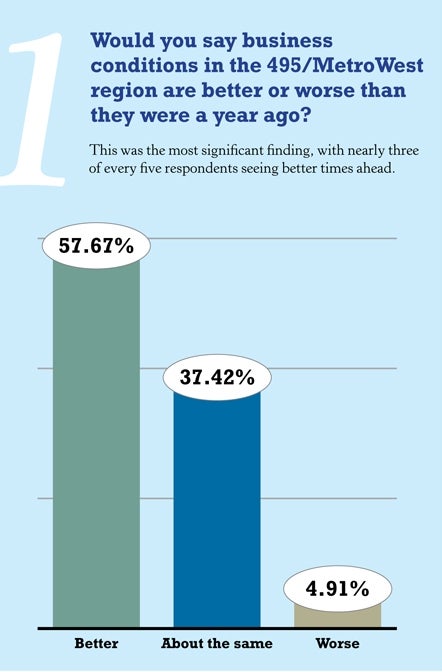

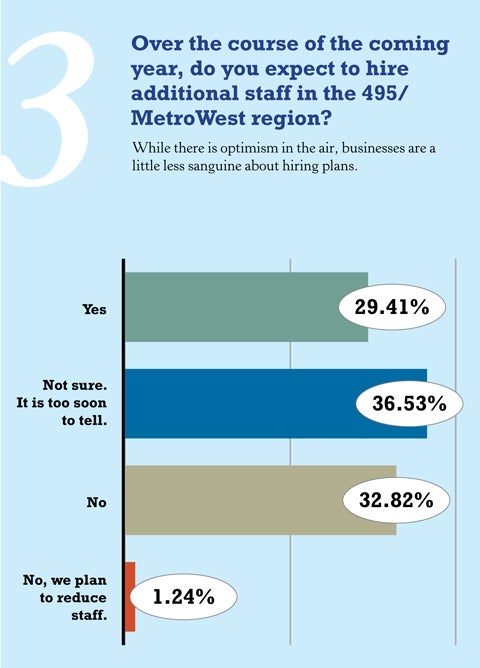

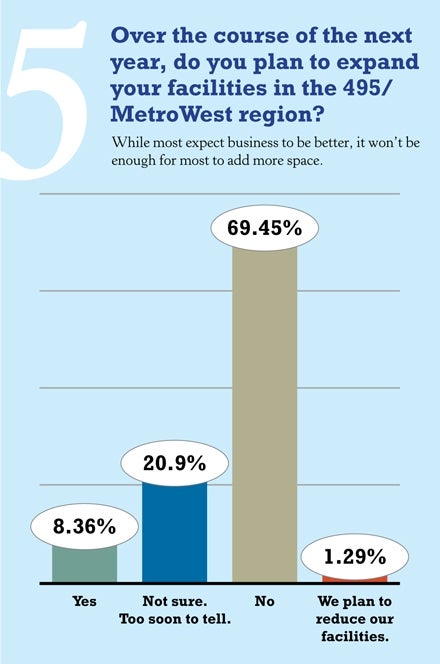

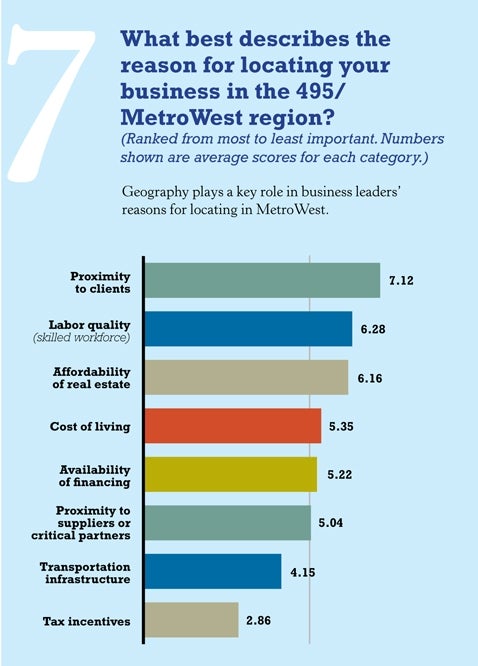
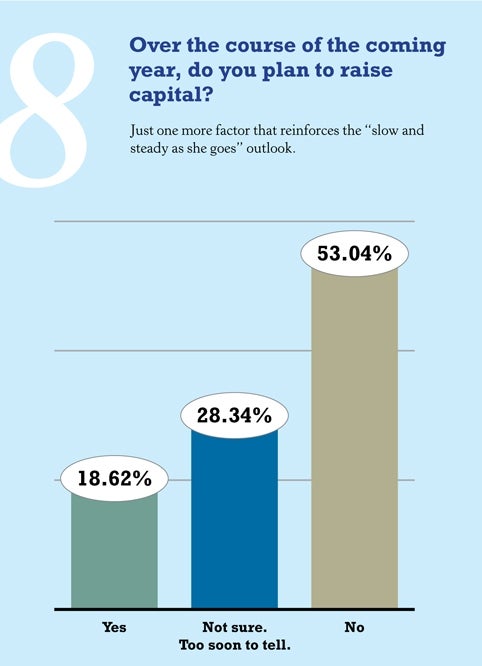

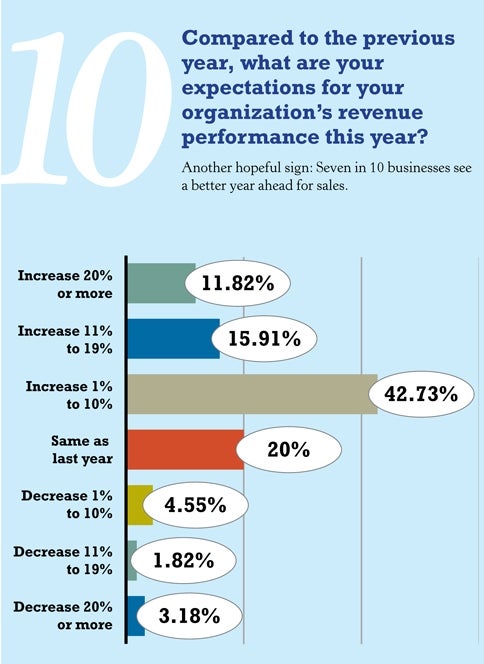
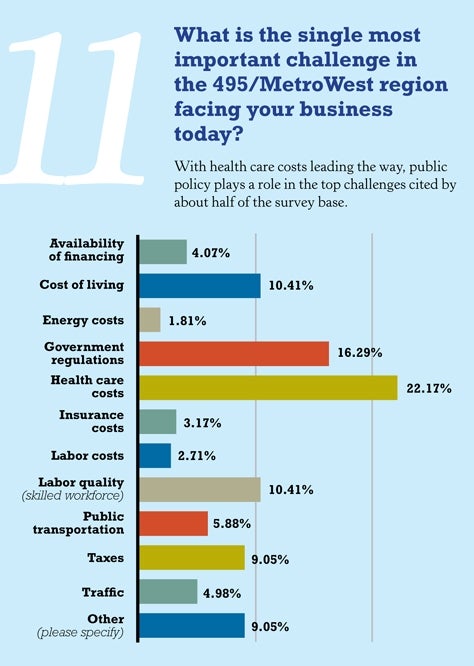
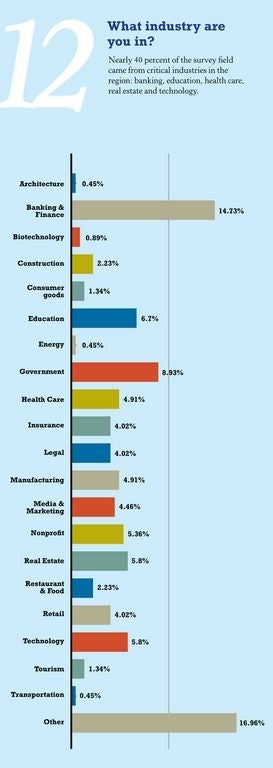
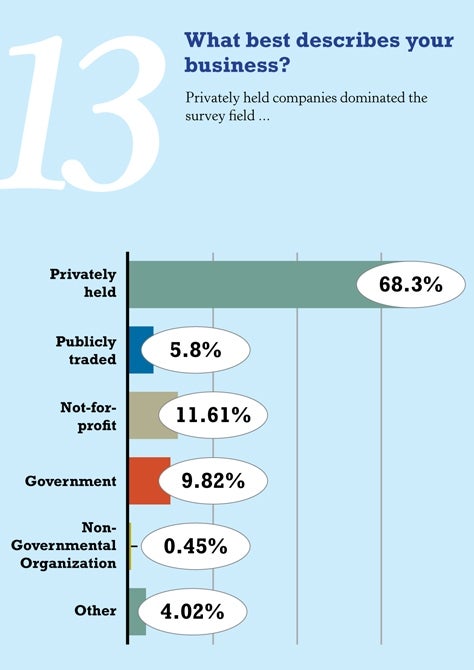
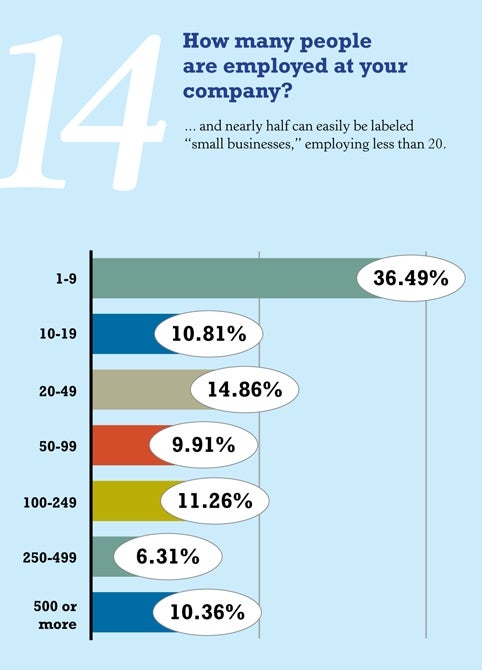









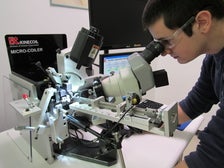



0 Comments